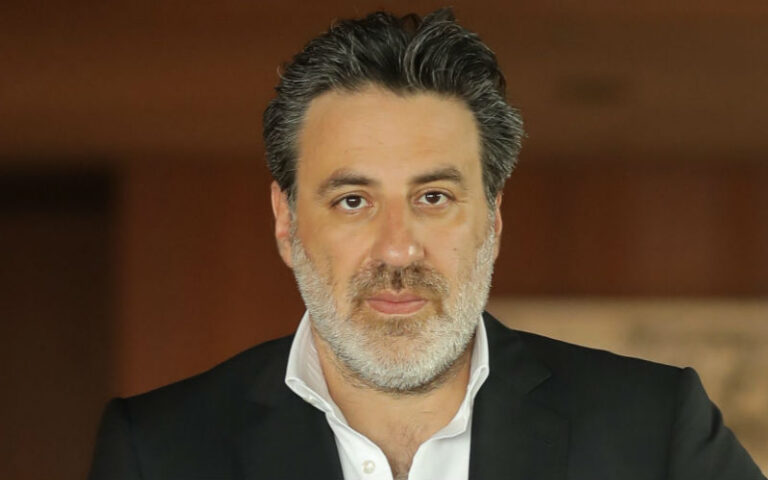New CEO Mortazavi takes UK biotech e-therapeutics into gene silencing

UK biotech e-therapeutics has a new CEO, with executive chairman and former Silence Therapeutics chief Ali Mortazavi chosen to spearhead the next stage in the company’s development into gene silencing and other areas.
Since it was founded in 2001 the company has become one of the country’s best known biotechs thanks to its approach to designing drugs based around network biology.
e-therapeutics aims to design drugs that work across several targets that drive complex diseases and its remit has changed radically over the last decade or so under different management teams, moving from cancer to depression to its current focus on inflammation and fibrosis.
It is helped by a computational approach to designing drugs, something that was considered revolutionary during its early years but it is increasingly becoming the norm in pharma and biotech.
Mortazavi, who stepped down as CEO of Silence Therapeutics in 2018, was appointed executive chairman in February in a management restructure that saw CEO Ray Barlow and CFO Steve Medlicott step down.
That restructure was accompanied by a £1.6 million fundraiser to keep the company running and was followed by another £11.6m fundraiser in July for the next stage of its development.
The company has considerably more cash than at the start of the year – on 31 July it had £15.1 million compared with £3.8 million on 31st January.
It is also looking to expand its RNA silencing research, potentially bringing it into competition with biotech heavyweights such as Alnylam, something that Mortazavi focused on during his long time at the helm of Silence Therapeutics.
The company has got its RNA silencing technology up and running since Mortazavi joined earlier this year and the company is looking to benchmark it against rivals.
In an interview with pharmaphorum Mortazavi said that the technology will work in concert with the network biology and genomics expertise already present within the company.
He told pharmaphorum that the next stage in the firm's development will be a “proof of concept” transaction, most likely with a big pharma company that will road-test e-therapeutics’ approach and open it up to further opportunities in the long term.
He said: “These big pharma companies have every type of technology available to them. What they are missing is something that can unravel the complexity and give them the biological validation and support for it.”
The company has also added to and refined its approach, on top of the network biology approach it uses in genome data to identify genes that only weakly affect diseases individually, but when working in concert have a much larger impact.
This new incarnation of e-therapeutics already has a collaboration with Galapagos that aims to find new treatments for the lung scarring disease idiopathic pulmonary fibrosis.
e-therapeutics has also extended a collaboration with Novo Nordisk, which is using genomics technology to analyse data from type 2 diabetes patients.
According to the company it will look to develop drugs that work against multiple targets that influence disease.
Other initiatives include a Scientific Advisory Board that will help the firm establish its technology in RNA interference.
The technology could be used to tackle a diverse range of diseases, potentially even COVID-19.
“The inflammation caused by COVID-19 is complex. Network biology can tackle any biological process.”













